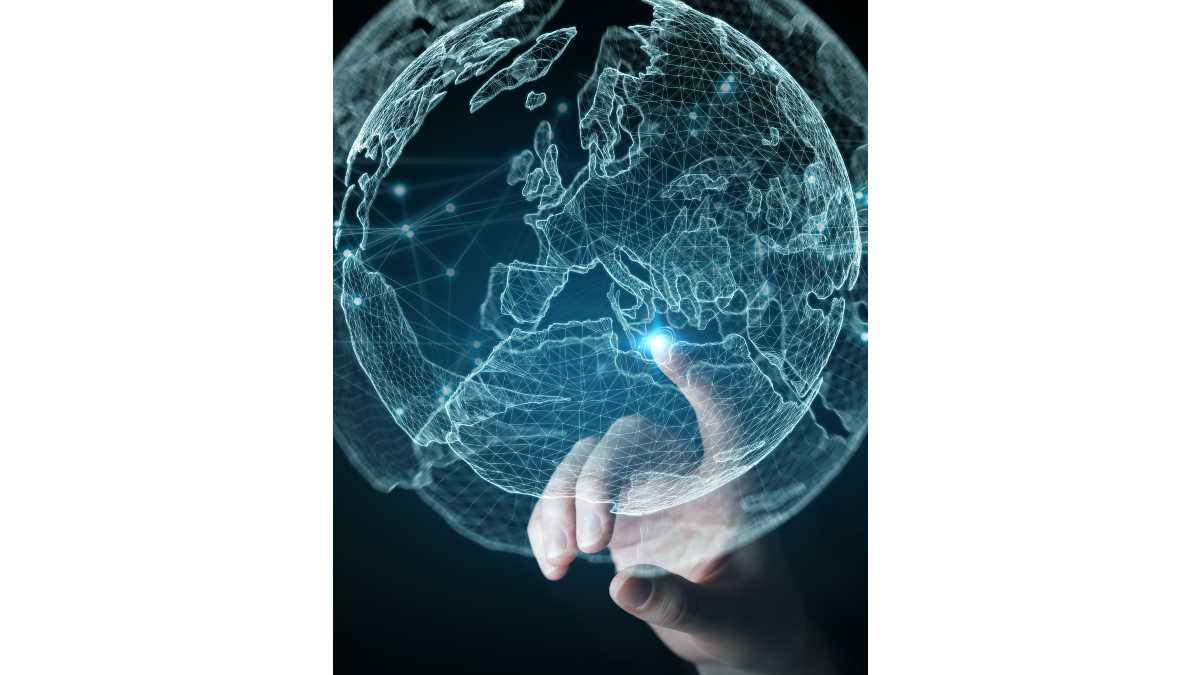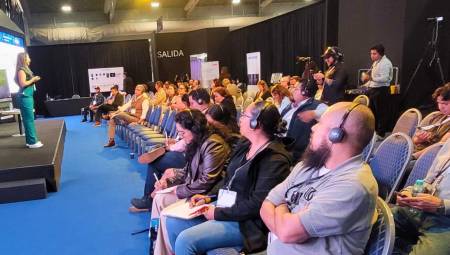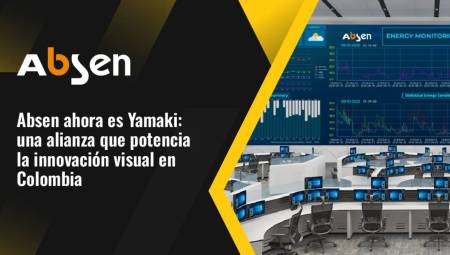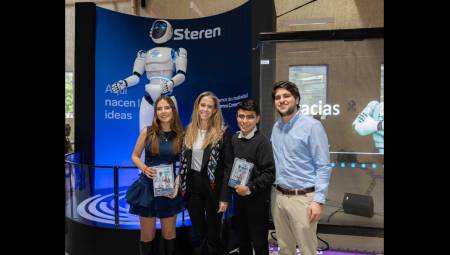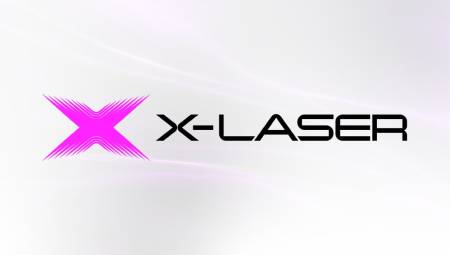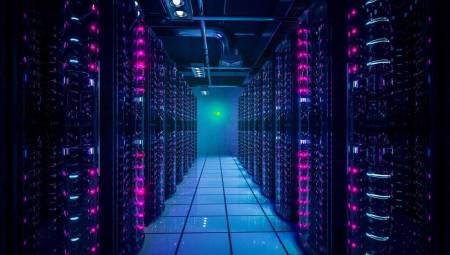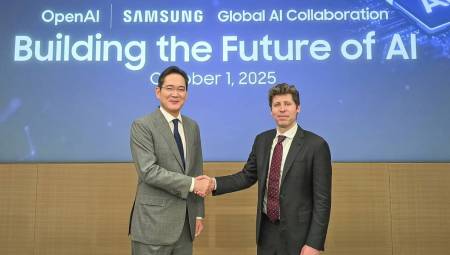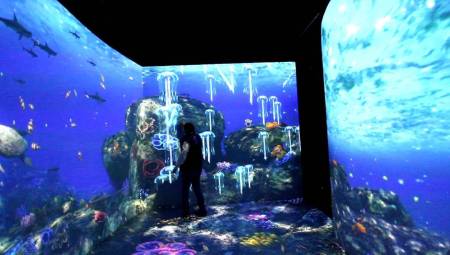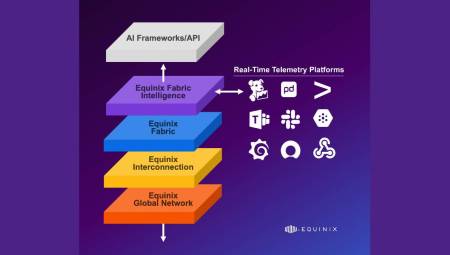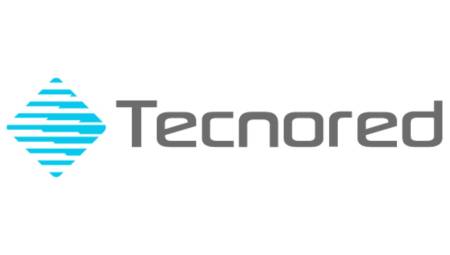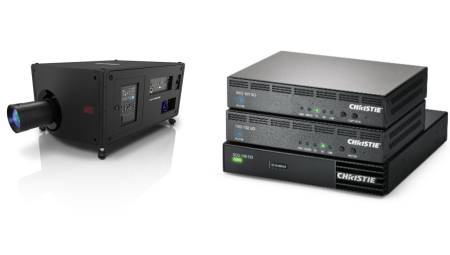International. Epson became the first company in the Japanese manufacturing industry to implement 100% renewable electricity in all its establishments located in Japan, amounting to a total of 530 GWh per year. As a consequence, Epson will reduce approximately 250,000 tons of carbon dioxide emissions per year.
In the week of the start of the United Nations climate change conference (COP26) and taking into account the great global interest in social issues, especially those related to the environment and energy, Epson has established a new long-term environmental management policy called Environmental Vision 2050. To achieve the decarbonisation target set out in the Paris Agreement, Epson has considered the use of renewable electricity to be a priority action to achieve the science-based targets of 2025.
In March 2021, with the intention of fulfilling its responsibility towards society, Epson announced that the establishments that the Epson Group has worldwide will cover all its energy needs with 100% renewable electricity by 2023. This will allow the Epson Group to remove some 350,000 tonnes of carbon dioxide that are generated annually by electricity production globally.
Epson had planned to implement the use of renewable electricity in all its establishments in Japan by the end of fiscal year 2021 (which closes in March 2022) but will be able to achieve this ahead of schedule, thus meeting a milestone on the road to the transition to 100% renewable electricity for all the Group's energy needs. As a result, Epson anticipates that, in fiscal year 2021, it will be able to cover around 40% of the Group's annual energy needs with renewable electricity.
Steps to cover the energy needs of the Epson Group with 100% renewable electricity:
April 1, 2021
All establishments located in Nagano Prefecture, where many Epson establishments are located.
November 1, 2021
All establishments located in Japan (initially planned for March 2022).
2023 (plan)
All Epson locations located worldwide.
As stated in Epson's Environmental Vision 2050, the company seeks to become carbon negative and eliminate the use of subsurface resources. Consequently, the company will invest approximately 100 billion yen in decarbonization, closing the resource cycle and developing environmental technology over the next 10 years to 2030. Epson will concentrate most of its management resources on the development of products and services that help reduce the impact on the environment and also contribute to reducing the environmental impact of its customers.
By implementing renewable electricity ahead of schedule, Epson will not only achieve its own environmental goals, but also help foster the spread of renewable electricity across society.



